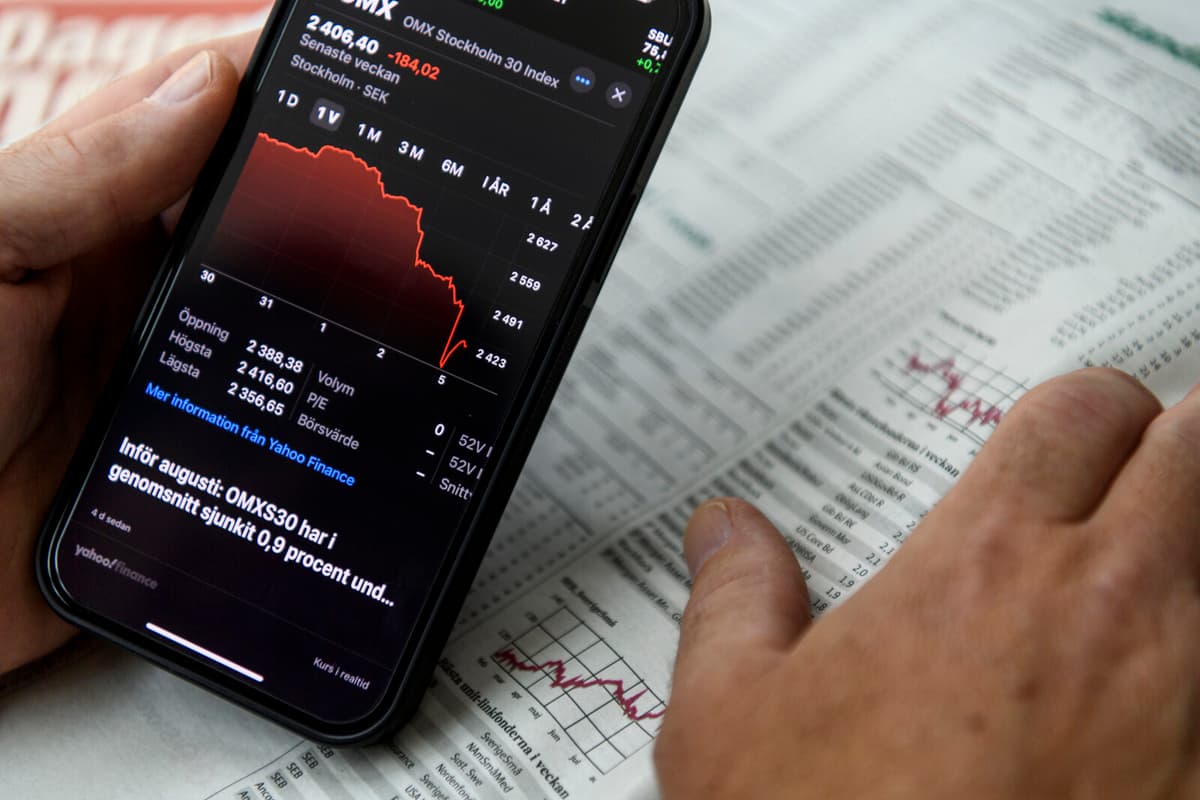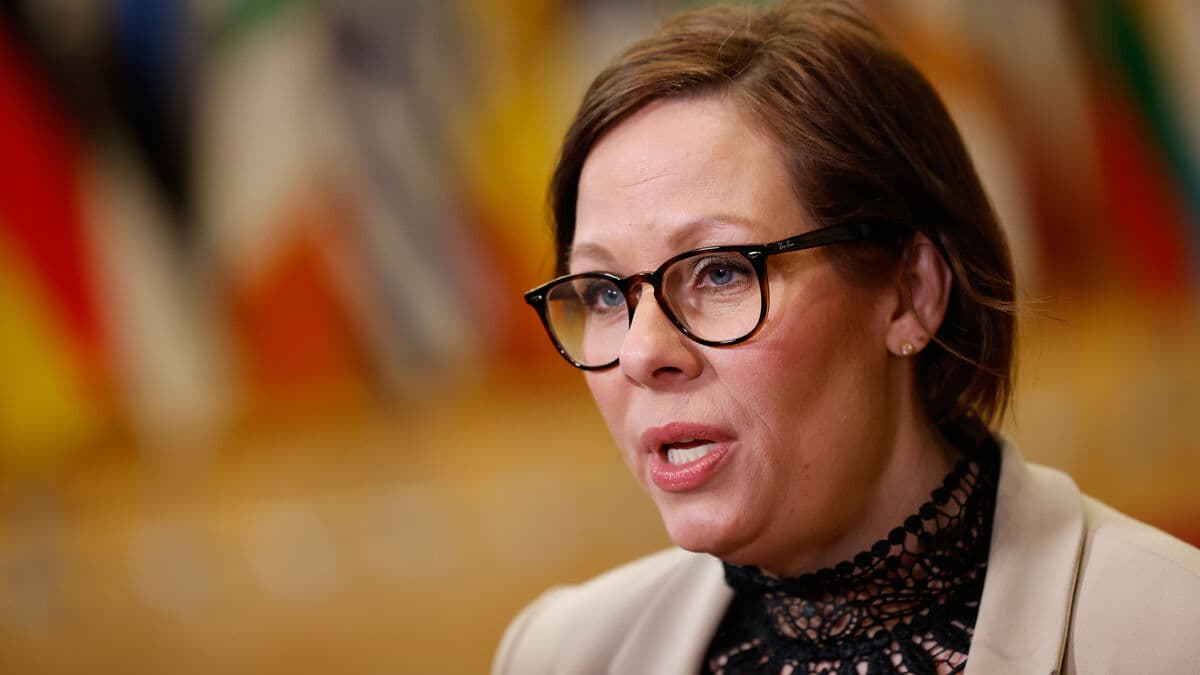The flood of reports from Swedish listed companies – with results, sales, margins, and forecasts – begins in earnest on Tuesday with telecom equipment manufacturer Ericsson's figures.
The reports come at a time marked by unusually high geopolitical uncertainty in the world, economic headwinds in China and Germany, political uncertainty in the US, and a demand still characterized by inflation and interest rate shocks in 2022–2023.
Unusually many profit warnings
There have been an unusually high number of so-called profit warnings and cost-cutting packages ahead of the flood. And the guidance on how the fourth quarter will develop is unlikely to be "particularly uplifting", believes Esbjörn Lundevall.
Lars Söderfjell, equity chief at Ålandsbanken, sees the same risk.
Generally, I think the results for the third quarter will be quite weak, he says.
It will be interesting to see who "has managed to withstand the general economic downturn", he thinks.
Beyond that, I will focus on how well the companies manage to offset weak volumes through lower costs, he says.
The large number of profit warnings is not the problem itself, according to Lundevall:
Instead, I think it's worrying with the force of several of the profit warnings and comments from companies about a fairly broad-based weakness.
How the stock market will react is difficult to predict. This year's stock market rise of just over 10 percent so far – which has lifted the price level of OMXS30 stocks to almost 17 times the annual profit – has stalled. And since the spring, it has been volatile.
There is the first risk of disappointments
Many analysts have already adjusted their expectations downward ahead of the reports. Moreover, a 2025 with lower interest rates and perhaps even more stimulus in China – which should lead to lower financing costs and increased demand, according to Lundevall – is looming.
Volatility is my best forecast for the next 4-6 weeks, says Söderfjell.
Industrial companies are generally taking a hit in the weak economy.
This is one of the industries where there should be the greatest risk of disappointments, says Lundevall.
Banks – especially mortgage lenders – are simultaneously struggling with the decline in interest income.
Cost control becomes extra important when revenues are not growing, says Söderfjell.
The real estate sector has it a bit the opposite, especially companies with "a large proportion of short-term financing". But the vacancy rates raise some questions, thinks Lundevall.
The first quarterly reports for the third quarter from listed companies have already arrived. But the flood of figures and forecasts is getting underway more seriously now this week. And it culminates in terms of volume the following week.
Here are some important report dates:
Tuesday, October 15: Ericsson
Wednesday, October 16: Kinnevik
Thursday, October 17: Nordea, ABB, Investor, Industrivärden, Nokia
Friday, October 18: AB Volvo, Getinge, Autoliv
Monday, October 21: Sandvik
Tuesday, October 22: Tele2, Fabege, Wallenstam, Saab, JM, Boliden, Viaplay, Munters
Wednesday, October 23: Swedbank, Handelsbanken, Volvo Cars, SSAB, Intrum, Assa Abloy, Atlas Copco
Thursday, October 24: SEB, Axfood, Telia, Essity, Stora Enso, Alfa Laval, Evolution, Trelleborg, Billerud, Holmen
Friday, October 25: Peab, SCA, Castellum, Cloetta, Electrolux, Balder, NCC
Monday, October 28: Traton (Scania)
Wednesday, October 30: SKF
Wednesday, November 6: Skanska, Securitas, Sinch
Tuesday, November 12: Astra Zeneca
Friday, November 15: Nibe Industrier






